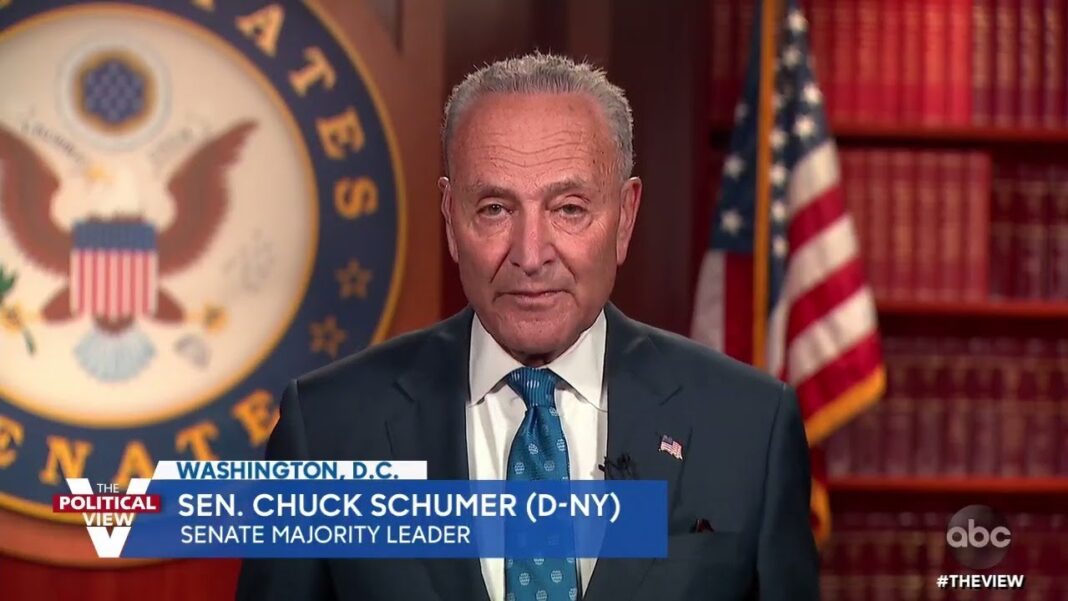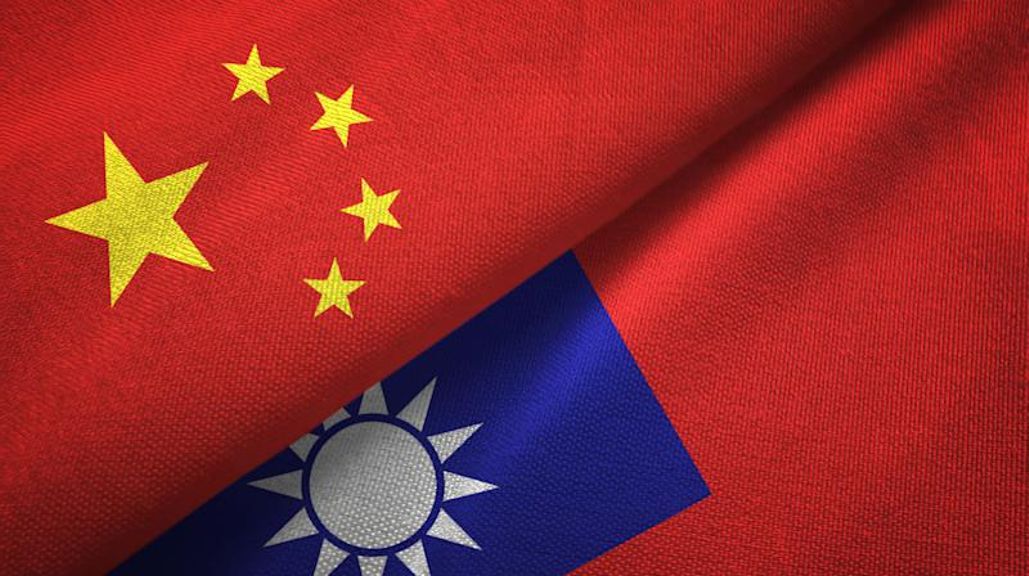
Beijing is taking full advantage of the U.S. and NATO forces’ imminent departure from Afghanistan.
President Biden announced in early July that U.S. forces will leave Afghanistan by Aug. 31, a deadline moved up from Sept. 11.
The Taliban is rapidly increasing its advances in Afghanistan as the American drawdown nears.
Pentagon press secretary John Kirby announced on Aug. 9 that the U.S. forces continue to host conversations with Pakistan, underscoring the role of Pakistan as a key mediator as the conflict continues after the U.S.–NATO departure. Kirby said the U.S. government is deeply concerned about the growing security crisis from the Taliban’s bold onslaught, noting the deteriorating security situation in Afghanistan.
Anticipating a power shift in the region, the Chinese regime recently hosted a delegation of the Taliban in the city of Tianjin. The regime’s Foreign Minister Wang Yi met with senior Taliban leader Mullah Abdul Ghani Baradar and eight other Taliban representatives on July 28, signaling Beijing’s recognition of the group as a legitimate political force in the country.
Beijing-Taliban Meeting
During the meeting, Wang sought assurances that the Taliban wouldn’t harbor Islamic extremists who may launch attacks in China’s far west Xinjiang region, according to a Beijing foreign ministry statement. Baradar agreed, saying that the Taliban “never allow any force to use the Afghan territory to engage in acts detrimental to China,” according to the statement.
China shares a 47-mile border with Afghanistan and has long been concerned about a possible Islamic insurgency in Xinjiang, a region housing 13 million Turkic Muslims.
While Beijing has publicly pushed for the Taliban to pursue a peace agreement with the U.S.-backed central government, experts believe the regime is bracing for a Taliban-led Afghanistan to push forward the Chinese Communist Party’s (CCP) development plans in Central Asia.
“It is becoming increasingly obvious that the Taliban will be back in power—or at least that it will be reestablished as the dominant political force in Afghanistan—very soon after the U.S. withdrawal is completed,” Srdja Trifkovic, a jihadism expert and foreign relations fellow of the Charlemagne Institute, told The Epoch Times.
“Therefore it stands to reason that China should seek to establish some relations with [the Taliban], especially in view of Beijing’s geopolitical interests in the region, first and foremost the Baluchi port of Gwadar, which is a key feature of the China–Pakistan Economic Corridor and absolutely essential to the B&R [Belt and Road] initiative.”







